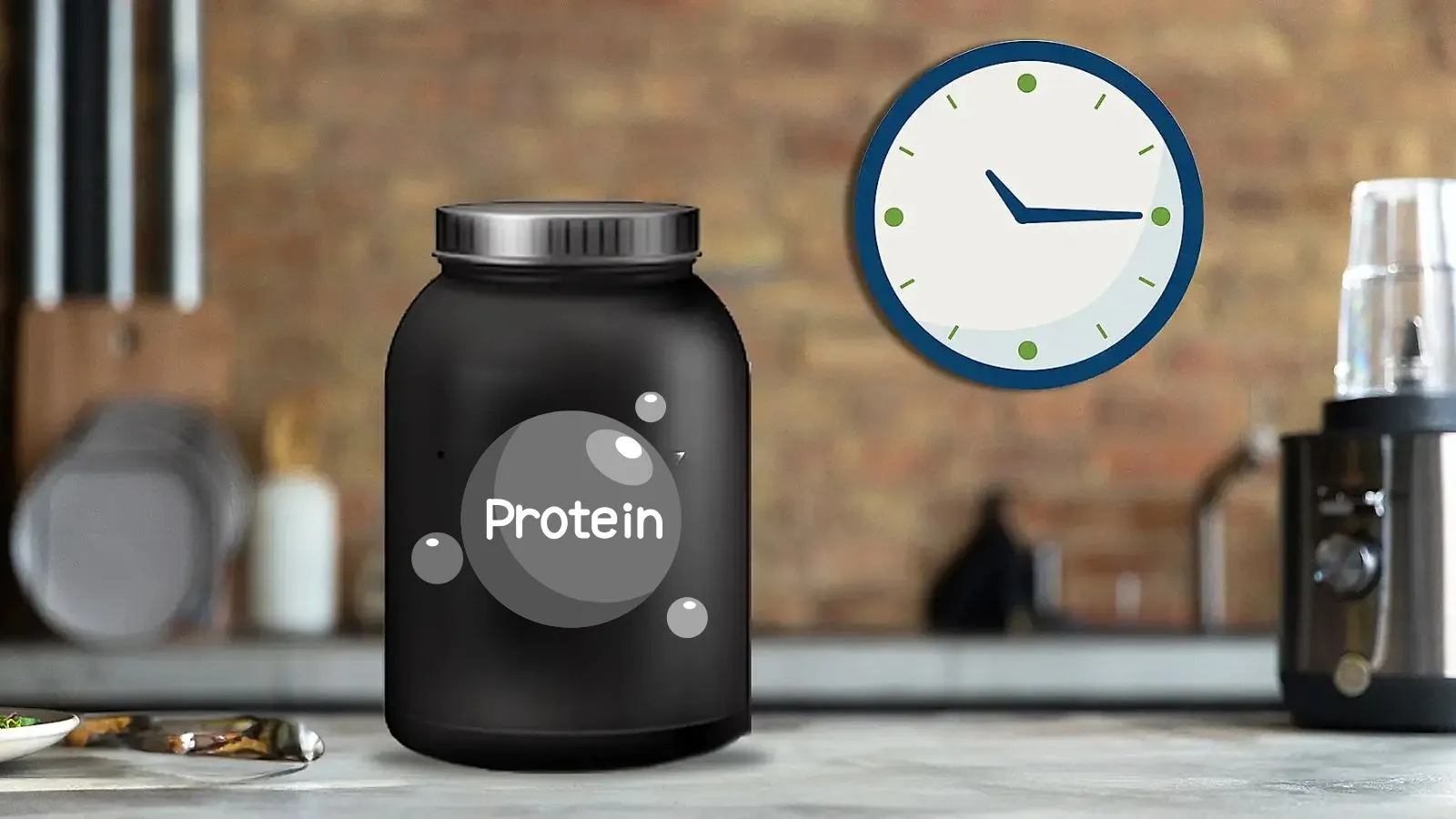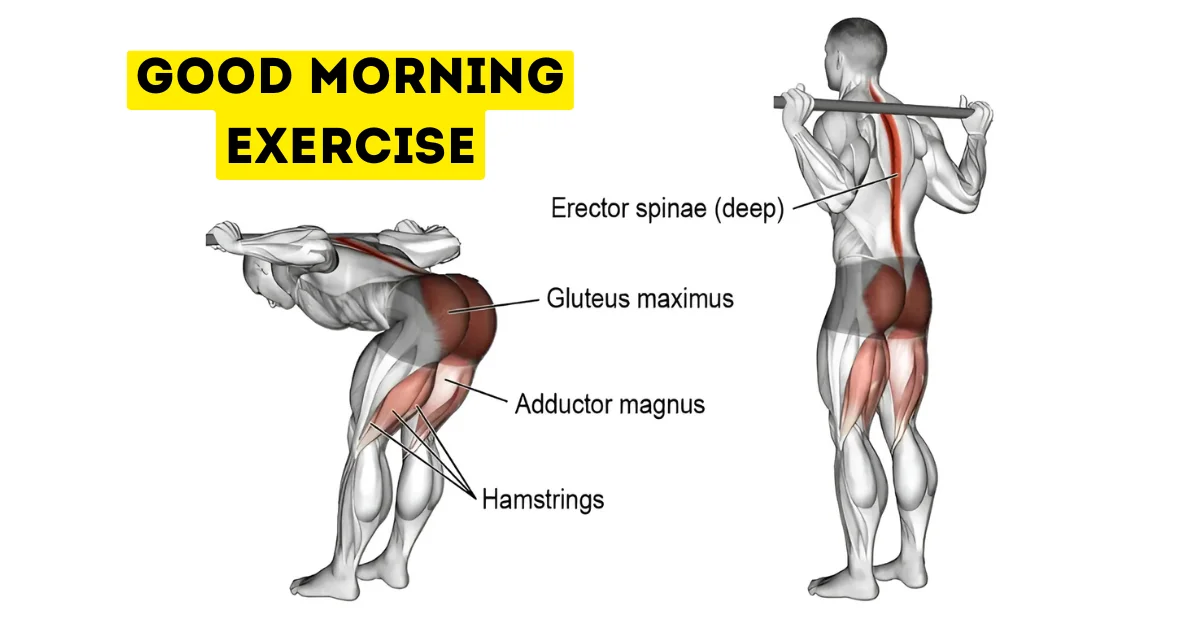Did you know that your body can take anywhere from a couple of hours to an entire day to digest protein? Yeah, it surprised me too when I first asked this question from my trainer, “How long does it take for protein to digest?”. Protein is such an essential part of our diet, helping us build muscle, repair tissues, and even keep our immune system strong. But, as it turns out, the digestion process isn’t as straightforward as I thought. I used to scarf down a steak after a workout, thinking it would work its magic instantly. Little did I know, it’s a bit more complex than that.
Understanding how protein breaks down in your body isn’t just for fitness enthusiasts. It’s useful for anyone who wants to make better dietary choices. So, let’s dive into what really happens when you eat protein and how long it takes for your body to absorb it.
Key Takeaway
Protein digestion varies based on the type of protein, your metabolic rate, and what you eat alongside it. Animal-based proteins take longer to digest than plant-based ones, and pairing proteins with fats or fiber can slow things down.
The Digestive Journey of Protein
Protein digestion is like a road trip—it’s got stops along the way, each with its own purpose. It all starts in your stomach, where hydrochloric acid and pepsin break down protein into smaller chains. I remember learning this the hard way when I ate a giant steak too fast and felt bloated for hours. Turns out, your stomach takes its time with tough, animal-based proteins like beef.
After the stomach, these protein chains head to the small intestine. This is where enzymes like trypsin step in to break them down further into amino acids, which your body can actually use. This phase is critical because amino acids are what your muscles, skin, and organs rely on for repair and growth.
Here’s the kicker: digestion times vary. While whey protein might zip through your system in about two hours, a piece of grilled chicken could take up to six hours. And red meat? Don’t even get me started. That’s an all-day affair for your digestive system.
So, if you’re someone who likes to eat and run, think twice about having a steak before a big meeting or workout. It’ll still be sitting in your stomach while you’re trying to move on.
Factors That Affect Protein Digestion Time
Okay, so why does digestion take longer sometimes and shorter other times? It depends on a mix of factors, like the type of protein, your age, and even how you eat it. I learned this the hard way when I paired a high-protein meal with a fiber-packed salad. Great for health, but not so great when you’re in a rush.
- Protein Source: Animal-based proteins, like steak or eggs, take longer to digest than plant-based ones, such as tofu or lentils. This is because animal proteins are more complex in structure.
- Meal Composition: If you’re eating protein with fats or high-fiber foods, expect digestion to slow down. For instance, adding avocado to a chicken salad can make the whole process take longer. But if you’re mixing protein with simple carbs, like white rice, digestion speeds up.
- Individual Metabolism: Age, activity level, and even gut health play a big role. Older adults might find protein digestion slower due to reduced enzyme activity, while athletes often process it quicker thanks to their high metabolic rates.
Practical tip? If you’re prepping for a workout, go for something light and quick to digest, like a whey protein shake. For those looking for a gentler option or dealing with dietary restrictions, consider a Dairy Free Protein Shake that’s easier on the stomach and provides clean energy. Save the heavier meals for after.
Types of Proteins and Their Digestion Speeds
Not all proteins are created equal when it comes to digestion time. After trying different types, I realized that whey protein moves quickly through the digestive system, taking approximately two hours to break down and absorb. On the other hand, casein protein is a much slower process, requiring up to seven hours for complete digestion and nutrient absorption. Each type has its unique role, depending on your nutritional needs and timing.
Here’s a quick breakdown:
- Whey Protein: Perfect for post-workout recovery. It digests fast and delivers amino acids quickly to your muscles.
- Casein Protein: A slow-digesting protein ideal for sustained energy or overnight muscle repair.
- Red Meat: Takes the longest, often six hours or more. Great for long-term energy but not ideal before physical activity.
- Eggs: Somewhere in the middle. They digest in about three to four hours.
Knowing this, you can plan your meals better. For example, have a whey shake after your morning gym session and save a casein-rich snack for bedtime.
How to Optimize Protein Absorption
Let’s talk about making the most of your protein. After years of trial and error, I’ve found a few hacks that really help.
- Chew Thoroughly: It sounds basic, but chewing your food well kickstarts digestion. I’ve rushed meals before and ended up with a stomachache—lesson learned.
- Pair Wisely: Combine proteins with foods that complement their digestion. For example, a piece of grilled chicken with steamed veggies works better than with greasy fries.
- Stay Hydrated: Water helps your body produce the enzymes needed for digestion. Just don’t overdo it during meals, or you’ll dilute stomach acids.
These small changes can make a big difference. I’ve noticed I feel lighter and more energetic when I follow these tips.
Common Myths About Protein Digestion
Ah, protein myths. I’ve fallen for a few myself, like the idea that your body can only digest 30 grams of protein at once. Not true! Your body can handle more; it just takes longer. If you want to dive deeper into how much protein you can digest in one meal and learn tips to maximize absorption effectively, check out our detailed blog here: How Much Protein Can You Digest in One Meal?. It’s packed with science-backed insights and practical advice!
Another myth? Eating protein late at night is bad. Actually, slow-digesting proteins like casein are perfect before bed because they support muscle repair while you sleep. So, don’t stress about that late-night snack as long as it’s balanced.
Conclusion of How Long Does It Take for Protein to Digest?
Understanding protein digestion isn’t just for bodybuilders or fitness buffs—it’s something everyone can benefit from. By knowing how your body processes different types of protein and tweaking your meals, you can feel more energized and healthier overall.
So, what’s your go-to protein source? Share your tips or questions in the comments below—let’s keep the conversation going!





